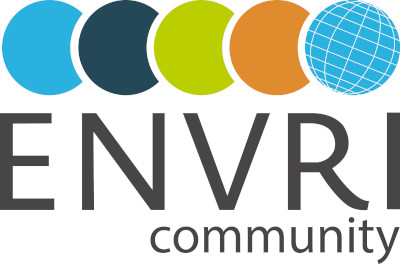We are well aware that we face global environmental challenges, such as extreme weather, rising sea levels, and biodiversity loss. We also know that to solve them, we have to work together. Their interlinked nature demands it.
Scientific data is allowing researchers to understand and predict the changes in the Earth System. However, this same data can further assist other users in navigating and preparing for these changes through information and services tailored to their specific needs. This is the motivation behind our hackathon.
Hack-the-Arctic is a 48-hr online hackathon open to anyone interested in using Arctic environmental data to develop a service or project. The event is co-organized by ENVRI Community, ICOS Head Office, and by INAR institute of the University of Helsinki, and the bringing together a compilation of datasets and science mentors from their respective communities under one roof.
From the ENVRI community, the data provider group includes ACTRIS, eLTER, ICOS, SeaDataNet, and SIOS.
5 challenges to address
The participants will gather on a virtual networking platform on 12–14 March organized by Junction App and have access to science mentorship, keynote talks, and networking through the weekend. The final projects will be presented in video form and shared publicly. Participating students will receive a certificate of completion.
Hack-the-Arctic offers 5 challenges to address: (1) map the available data coverage of the Arctic; design a service that uses science data for (2) policy-makers, or (3) citizens; (4) explore Svalbard data as a case study; or (5) design a science visualization tool.
It is worthwhile to highlight the opportunities that a hackathon event offers. It provides an alternative to the linear and compartmentalized process with one that facilitates co-design and ideation by joining expert knowledge, technical know-how, and possible end-users in a common space.
This feedback process is beneficial to scientists. As a byproduct of the Hack-the-Arctic, we will detect gaps in our existing data, evaluate the current accessibility and operability of our datasets, and identify needs that require addressing.
Before, as scientists, we could only share knowledge, now we can also share data and allow others to derive further knowledge and applications from it.
Are you interested?
You can learn more about the event and Apply for your participation at https://hackthearctic.com/
More information:
Magdalena Brus
Senior Communications Manager at ICOS & Coordinator of the ENVRI community communications


